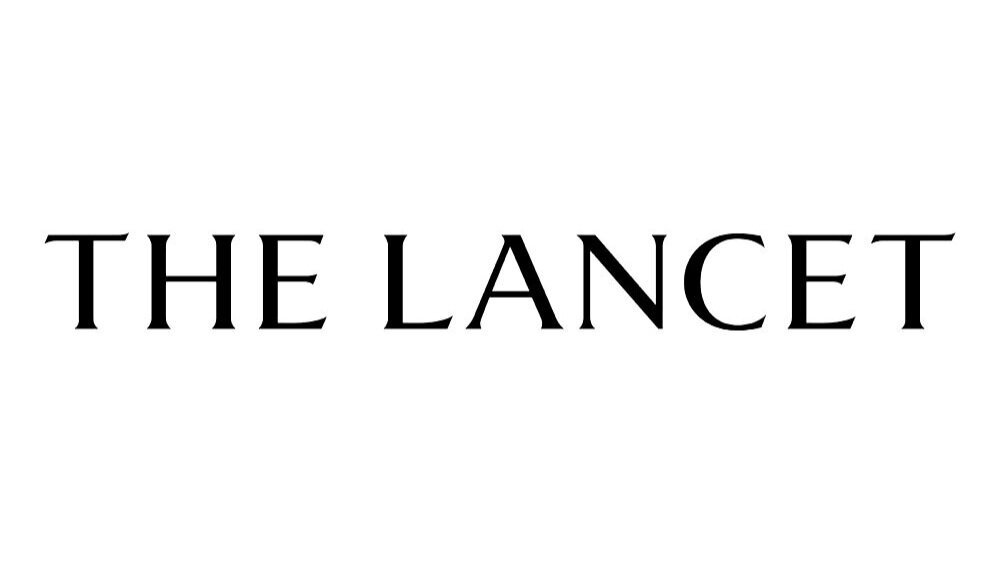The Lancet Commission on Racism, Structural Discrimination, and Global Health posits racism as one of the most consequential transnational phenomena to impact the health and lives of communities globally. This Commission aims to explore the intersectional axes of discrimination across structural determinants of health at intranational, international, and supranational levels. The Commission will explore racism and structural discrimination within global public health practice, policies, governance, and legal systems that are determinants of racial and ethnic health disparities.
In her second report to the General Assembly, the Special Rapporteur on the right of everyone to the enjoyment of the highest attainable standard of physical and mental health, Dr. Tlaleng Mofokeng, focuses on the impact of racism on human dignity, life, non-discrimination, equality, the right to control one’s health and body, and the entitlement to a system of health protection. She analyses the impact of racism and discrimination, in particular on Black people, people of African descent, migrants, indigenous peoples and minorities, and the intersection of factors at play, such as poverty, and discrimination based on age, sex, gender identity, expression, sexual orientation, disability, migration status, health status and location in rural or urban communities.
Using the frameworks of intersectionality, anti-coloniality and anti-racism, the Special Rapporteur examines the global health impact on racialized people of the living legacy of past and ongoing forms of racism, apartheid, slavery, coloniality and oppressive structures. In addition, she clarifies the legal framework that applies to various population groups affected by racism and draws attention to specific measures recommended to States. She also identifies good practices that affirm the right to a system of health protection in which people have equal opportunities to enjoy the highest attainable standard of health and provides examples of reparations for racial discrimination related to violations and abuses of the right to health.
Audre Lorde said, “There is no thing as a single-issue struggle because we do not live single-issue lives.” Racism is embedded in the structures and institutions that drive global health governance and health-care systems, with implications for sexual and reproductive rights, housing and migrant rights, Indigenous peoples' wellbeing, equitable access to affordable and quality health care, and many other structures of human life. Without recognising the impacts of racism, many important issues in global health, and health globally, are incomprehensible…. Racialised health disparities are not inevitable. Societies and governments need to examine structural factors and find translatable solutions in the forms of legal tools, community-informed guidance, and causal evidence to counter existing racist and discriminatory practices and policies. Our mission is to provide an effective global platform to generate equity-centred policy recommendations and anti-racist strategies for practical change.


